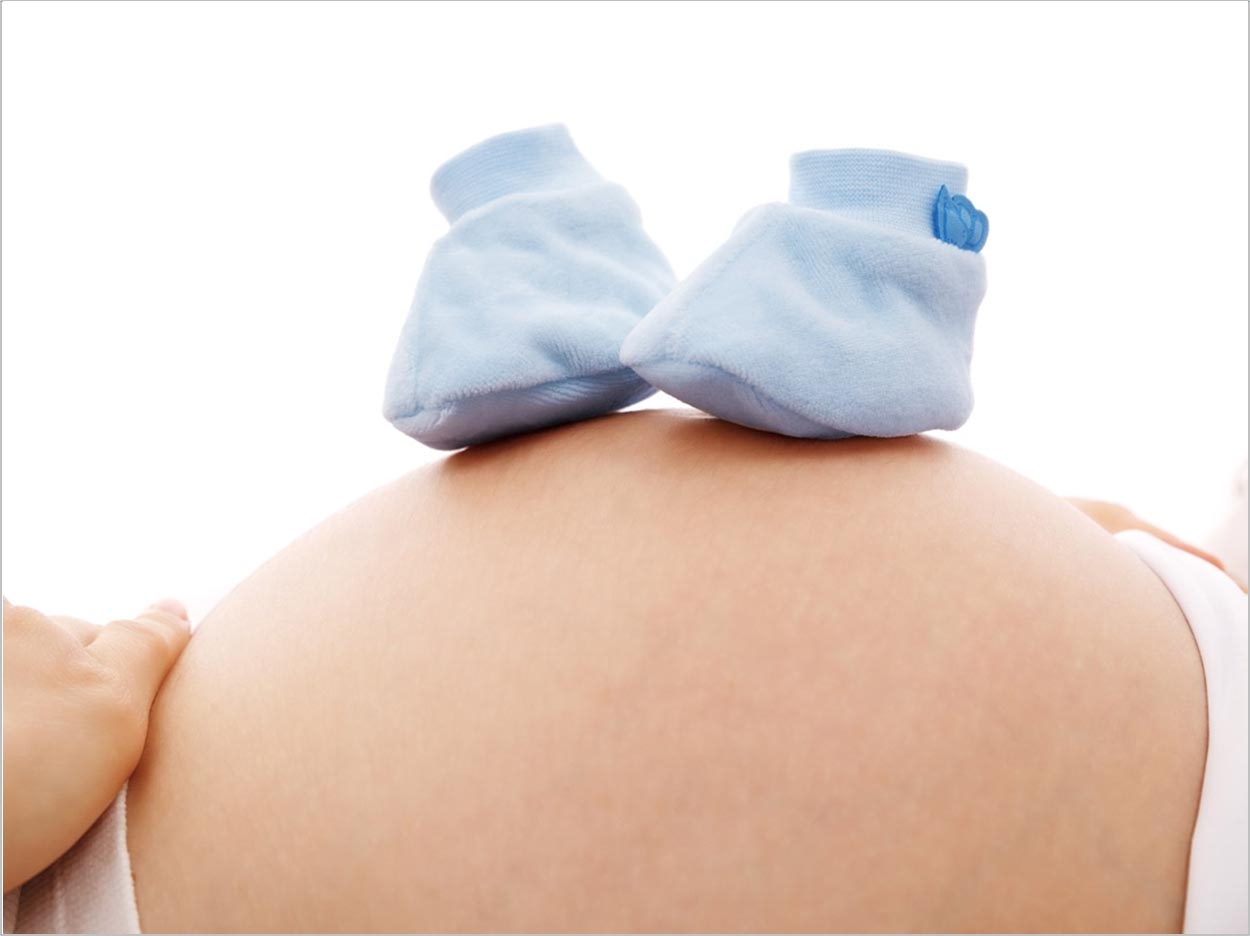
Pregnant women need to mind their oral health too, as the occurrence and severity of pregnancy gingivitis substantially exceed national averages, according to the Oral Hygiene and Maternity Outcomes Multicenter (OHMOM). Also, the study found evidence of substantial disease onset across broad demographic and socioeconomic subgroups beginning in the first trimester of pregnancy. Generally, pregnant women have a higher risk of gum disease because of hormonal shifts, which affect baseline physiology and inflammatory reactions in the body.
Conducted by the University of Pennsylvania and the University of Alabama, Birmingham, the study evaluated 648 women between the ages of 18 and 46 years who were between 8 and 26 weeks of pregnancy. Moderate to severe gingivitis was common, averaging 51.1 bleeding sites, representing nearly a third of the gingiva. The disease level was approximately 3 times higher in pregnant women compared to the average adult. The risk also was nearly universal with no significant impact based on ethnicity, socioeconomic, or insurance coverage.
“This new research provides a clear perspective on the epidemiology of gingivitis during pregnancy, and particularly on the universality and severity of gingivitis,” said Robert W. Gerlach, DDS, MPH, research fellow, worldwide clinical investigations, Procter & Gamble, which supported the study. “Women likely have their highest levels of gingival inflammation, with nearly one third of the gingiva bleeding, during pregnancy. With the proper education and oral hygiene, pregnancy gingivitis can be effectively managed, leading to improved oral health for expectant mothers.”
The researchers advise women who are pregnant or considering becoming pregnant to maintain good oral hygiene, as some studies indicate a possible association between poor maternal oral health and preterm birth. They also recommend regular dental visits and the use of toothpaste and mouth rinse designed to fight gingivitis. Furthermore, they remind these women that better brushing and regular flossing can remove more plaque, particularly with a switch to an electric toothbrush.
Related Articles
Pregnant Women Likely to Have Gingivitis
43% of Pregnant Women Skip Dental Checkups
Oral Bacteria May Interfere with Conception












